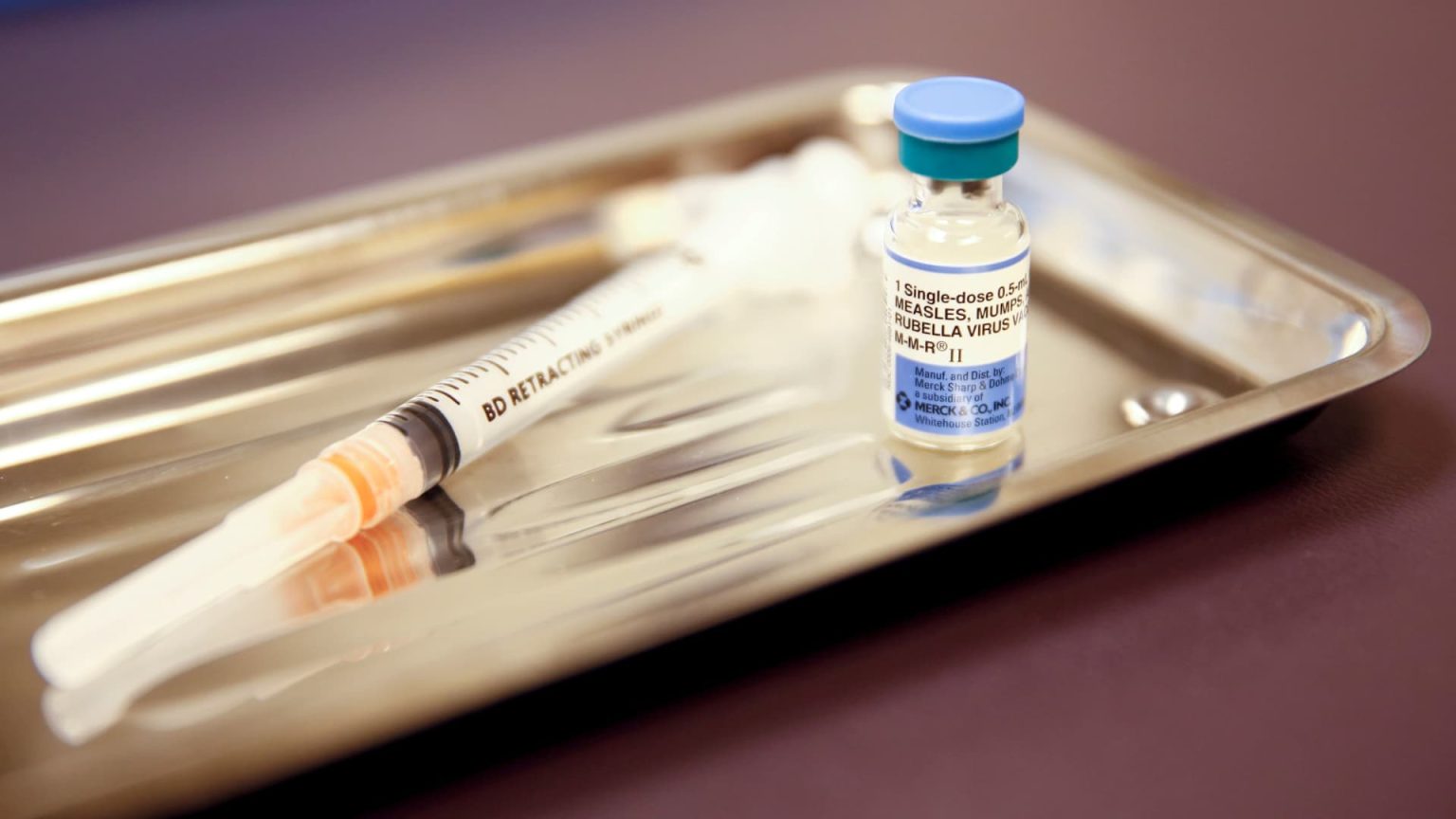In a concerning public health update, Texas health officials have reported at least 58 new cases of measles in northwest Texas, stemming from a highly contagious outbreak. The majority of the cases have been recorded in Gaines County, raising alarming questions about vaccination rates in the area. The outbreak occurs against the backdrop of heightened skepticism surrounding vaccines, as evidenced by the recent controversial appointment of a well-known anti-vaccine advocate to a high-ranking health position.
| Article Subheadings |
|---|
| 1) Overview of the Outbreak |
| 2) Geographic Distribution of Cases |
| 3) Vaccination Status of Patients |
| 4) Health Advisory and Response |
| 5) Public Reaction and Legislative Context |
Overview of the Outbreak
The Texas Department of State Health Services confirmed that a significant measles outbreak, with at least 58 new cases, has emerged in northwest Texas. This recent surge has raised alarms about the potential health risks associated with the highly contagious viral infection. Measles, once eliminated in the United States, has seen a resurgence in recent years, often correlated with declining vaccination rates. Officials have indicated that this spike in cases may be directly linked to reduced immunization, leading to a vulnerable population where the disease can spread rapidly.
Geographic Distribution of Cases
An overwhelming majority of the new measles cases have been reported in rural areas, with Gaines County accounting for 45 of the documented incidents. The problem is compounded by several other counties, where at least nine cases have emerged from Terry County, two from Yoakum County, and one each from Lubbock and Lynn Counties. This geographic clustering underscores the necessity for targeted public health interventions, especially in rural communities where healthcare access might be limited. The rapid spread highlights the importance of community engagement in vaccination efforts.
Vaccination Status of Patients
Among the cases reported, the vaccination status of individuals has raised significant concerns. At least four of the infected patients had been vaccinated against measles; however, the majority of the cases involved unvaccinated individuals or those whose vaccination status remains unknown. This scenario is concerning because vaccinated individuals could potentially still contract the virus, though they are significantly less likely to suffer severe complications. Public health experts emphasize the importance of vaccination in protecting not just individuals but the broader community through herd immunity.
Health Advisory and Response
In response to the outbreak, Texas health officials have stated that due to the contagious nature of measles, additional cases are expected to arise, particularly in Gaines County and surrounding areas. The Department of State Health Services (DSHS) is collaborating with local health authorities, such as the South Plains Public Health District and Lubbock Public Health, to investigate and limit the outbreak’s spread. They have urged community members to ensure that their vaccinations are up to date and to be vigilant in monitoring for symptoms.
Public Reaction and Legislative Context
The measles outbreak has ignited heated discussions surrounding vaccination, particularly given the political climate that recently saw the confirmation of a long-time vaccine skeptic to head the U.S. Department of Health and Human Services. Many public health advocates express concern about the implications this appointment may have on vaccination policy and public acceptance of vaccines. In light of the outbreak, some officials, like U.S. Senator Bill Cassidy, who is also a physician, have taken to social media to urge their constituents to receive the measles vaccine, emphasizing its proven safety and effectiveness since 1963. This duality in public sentiment highlights a growing rift regarding health policy and its implications for community health.
| No. | Key Points |
|---|---|
| 1 | 58 new measles cases reported in northwest Texas. |
| 2 | Gaines County accounts for the majority of cases. |
| 3 | Vaccination status of many patients is unverified. |
| 4 | State health officials are investigating and responding to the outbreak. |
| 5 | Political developments may influence public health policy. |
Summary
The recent outbreak of measles in northwest Texas underscores the critical need for sustained public health efforts in vaccination awareness and accessibility. With rising cases predominantly in unvaccinated populations, health officials face the daunting challenge of reversing the current trend of declining immunization rates. The complex interplay of public sentiment and political influence surrounding vaccination policies emphasizes the importance of addressing misinformation and promoting evidence-based health practices to safeguard community health.
Frequently Asked Questions
Question: What are the symptoms of measles?
Measles symptoms typically include high fever, cough, runny nose, and inflamed eyes, followed by a rash that usually appears 7 to 14 days after exposure. It is highly contagious, and individuals infected can spread the virus to others even before symptoms develop.
Question: How can measles be prevented?
Measles can be effectively prevented through vaccination with the measles, mumps, and rubella (MMR) vaccine. The vaccine is usually administered in two doses, the first at 12-15 months of age and the second at 4-6 years.
Question: What should I do if I suspect I have measles?
If you suspect you have measles or have been exposed to someone with measles, you should contact your healthcare provider immediately. Avoid public places to prevent spreading the virus and follow your doctor’s guidance regarding testing and treatment.


